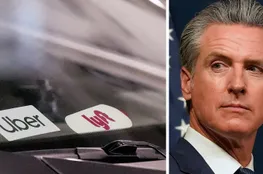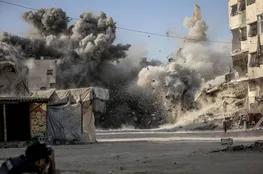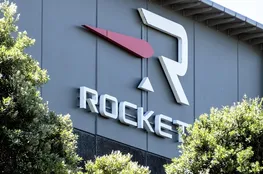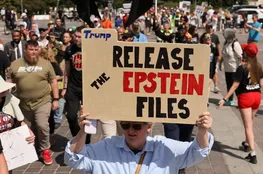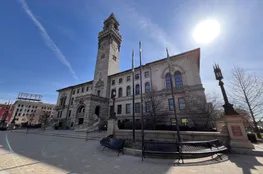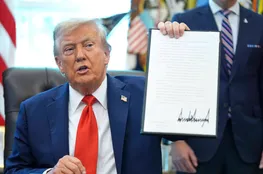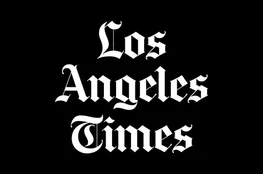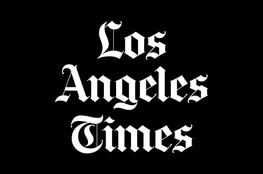With Russia’s full-scale invasion now lasting 30 months, Ukrainian President Volodymyr Zelenskiy is shaking things up both on the battlefield and in Ukrainian politics. In early August, Ukraine launched a surprise incursion into Russian territory, opening a new front in the Kursk region. This week, Zelenskiy initiated significant changes in his government, including the replacement of the foreign minister, a prominent figure since 2020, and other key cabinet positions.
Such changes, Zelenskiy claims, will bring “new energy” to Ukraine at a critical time, although critics argue the impact will be minimal. Previously, Zelenskiy replaced his defense minister last year and the commander in chief of the armed forces in February. There had been speculation of a broader reshuffle, especially after Ruslan Stefanchuk, speaker of Ukraine’s parliament, hinted in June about pending cabinet changes. However, significant action was delayed, and rumors about Prime Minister Denys Shmyhal’s departure proved false.
Political analyst Volodymyr Fesenko noted that Zelenskiy and his chief of staff, Andriy Yermak, needed time to finalize decisions. The overhaul comes amid intense warfare, with Ukraine holding territory in Russia’s Kursk region while facing pressure in the Donbas. Additionally, it precedes a tough winter as Ukraine grapples with maintaining power amidst Russian attacks on its energy infrastructure. Zelenskiy also seeks to enhance Ukraine’s military capabilities and boost their EU membership bid.
Critics suggest the reshuffle aims to consolidate power for Zelenskiy and his administration. Several appointees are moving within the presidential office or have prior connections to Yermak. Notably, Andriy Sybiha will replace Dmytro Kuleba as the foreign minister, while Oleksiy Kuleba takes charge of development of communities, territories, and infrastructure. Former officials like Iryna Vereshchuk are also transitioning to new roles within the presidential office.
Rybachuk, an ex-deputy prime minister, criticized the reshuffle, suggesting it lacks fresh faces and claiming real decision-making rests within Zelenskiy’s inner circle. In contrast, Fesenko argued that the limited personnel options necessitated appointing familiar, proven team members. Skeptics doubt the changes will yield significant improvements. Opposition lawmaker Yulia Klymenko noted that the reshuffle merely reshuffles existing officials without introducing new ideas. Rybachuk echoed this, saying ministers lack real power, which is concentrated within Zelenskiy’s close associates.
Supporters of Zelenskiy, however, underline his willingness to incorporate new members into the government, referencing last year’s appointment of Rustam Umerov as defense minister. They believe Zelenskiy’s call for “new energy” implies revitalizing current teams rather than simply introducing new faces. Public opinion on the reshuffle is mixed. Residents in Sumy and Chernihiv, regions heavily affected by the war, expressed hope for positive change. One woman welcomed the shake-up due to prolonged dissatisfaction with current officials. Another citizen linked the reshuffle to removing officials with negative public perceptions. Despite these changes, many Ukrainians remain focused on the overarching goal: ending the war. A woman with family in the military emphasized her hope for a swift conclusion to the conflict.


